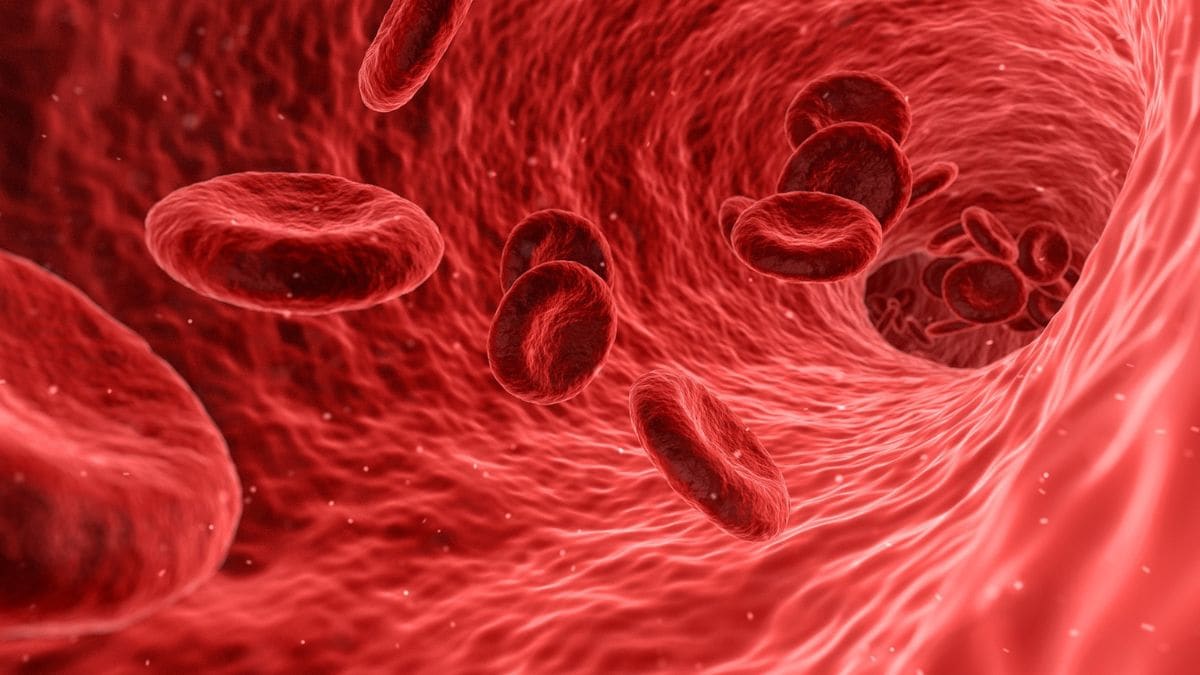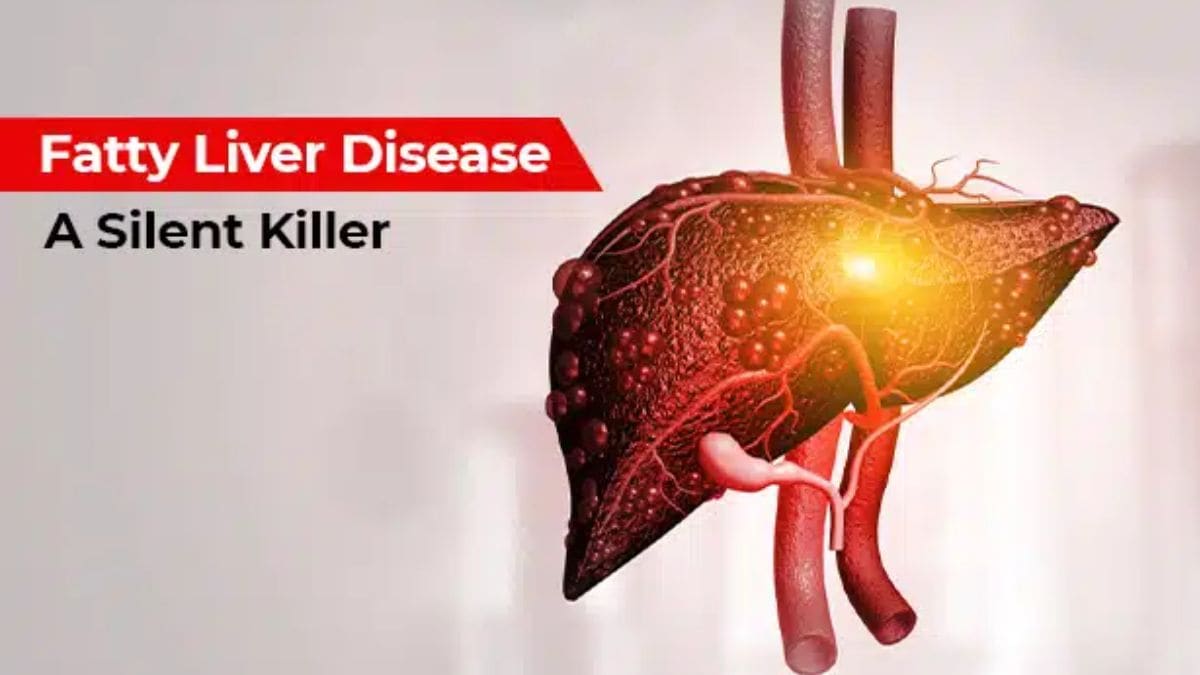Anger is bad for cardiovascular health; even short bursts can take a toll. New research has found that being angry for a few minutes impairs the functioning of your blood vessels and can trigger heart attacks and strokes read more
)
A news study founf that being angry for only 8 minutes can increase chances of a heart attack. Representative image. Pixabay
Do you lose your cool if you are stuck in traffic? Are you miffed at your boss? Does the state of the world make you mad? We have news for you. All that anger is not good for you and your heart.
A new study has found that moments of anger can increase your chances of getting a heart attack or a stroke.
A collaborative team of researchers from Columbia University, Yale School of Medicine, and St. John’s University in New York, alongside other esteemed institutions provided additional insights into earlier studies that indicated that intense emotional experiences were linked to cardiovascular health.
“There have been some studies in the past that have linked the feelings of anger, the feelings of anxiety, and the feelings of sadness to heart disease risk in the future,” said lead study author Dr Daichi Shimbo, Columbia University in New York City in a CNN report.
The new findings, published in the Journal of the American Heart Association, suggested that even short bursts of anger could impact cardiovascular health and trigger heart diseases, heart attacks, and stroke.
How do our emotional outbursts affect our hearts? Let’s take a closer look
How was the experiment conducted?
Approximately 280 participants, with an average age of 26, were randomly divided into groups to partake in one of three distinct experiences, each designed to evoke anger, anxiety, or sadness for eight minutes. Alternatively, participants in a separate group were instructed to engage in a neutral counting activity until the allotted time had elapsed.
Before commencing the tasks and at intervals spanning 100 minutes post the activity, researchers obtained blood samples and took note of participants’ vital signs, including heart rate, blood flow, and pressure to find out its surprising effect on cardiac health.
How did anger impact the heart?
Shimbo and his team noted that negative emotions, particularly anger, may affect the heart because it impairs blood vessel function.
In the study, people who were asked to think and speak about a recent experience that made them angry had a fall in their blood vessel dilation capacity that lasted for about 40 minutes, according to a report in New Scientist. Such dilation capacity is thought to be a measure of blood vessel health, with lower dilation capacity having been linked to a higher chance of heart attacks.
With these rhythmic movements of dilation and contraction, blood vessels slow down or increase the flow of blood to the parts of the body that need it. It is when the blood vessels don’t relax that a problem emerges.
“We speculate that if you’re a person that gets angry over and over again, that you’re chronically impairing your blood vessels,” Shimbo told CNN. “It’s these chronic injuries over time that may eventually cause irreversible effects on vascular health and eventually increase your heart disease risk,” he added.
Though the study revealed that there was no damage to the endothelial cells, which control the dilation, or to the body’s ability to repair any endothelial cell damage, having repeated negative emotions may affect cardiovascular physiology over time which can cause “irreversible damage”.
“It is possible that [these effects] occur routinely throughout the day or week with potentially long-term consequences,” the researchers wrote in their paper.
Are sadness and anxiety not bad after all?
Interestingly, the study found anger to be one of the major contributors to triggering a heart attack. It found no significant changes in blood vessel function of participants who undertook tasks that induced emotions of sadness and anxiety.
But, let’s not say those emotions don’t impact our health adversely. Last year, a UK study titled “Psychological therapies for depression and cardiovascular risk” found that people who have depression have 72 per cent more chances of having a cardiovascular disease than those who don’t.
So, one shouldn’t take negative emotions lightly.
Can anger be managed?
Anger cannot and should not be avoided. While it is sometimes important to express and accept your feelings, you must manage them.
The best approach is to learn to process feelings of anger without letting it fester, Dr Brett Ford, associate professor of psychology at the University of Toronto Scarborough, told CNN.
Taking deep breaths, counting down, going around for a walk, stretching, talking to a loved one, listening to music, and penning in your thoughts in a journal are a few things that can help you manage your anger.
With inputs from agencies

 4 months ago
21
4 months ago
21


















)
)
)
)
)
)
)
 English (US) ·
English (US) ·